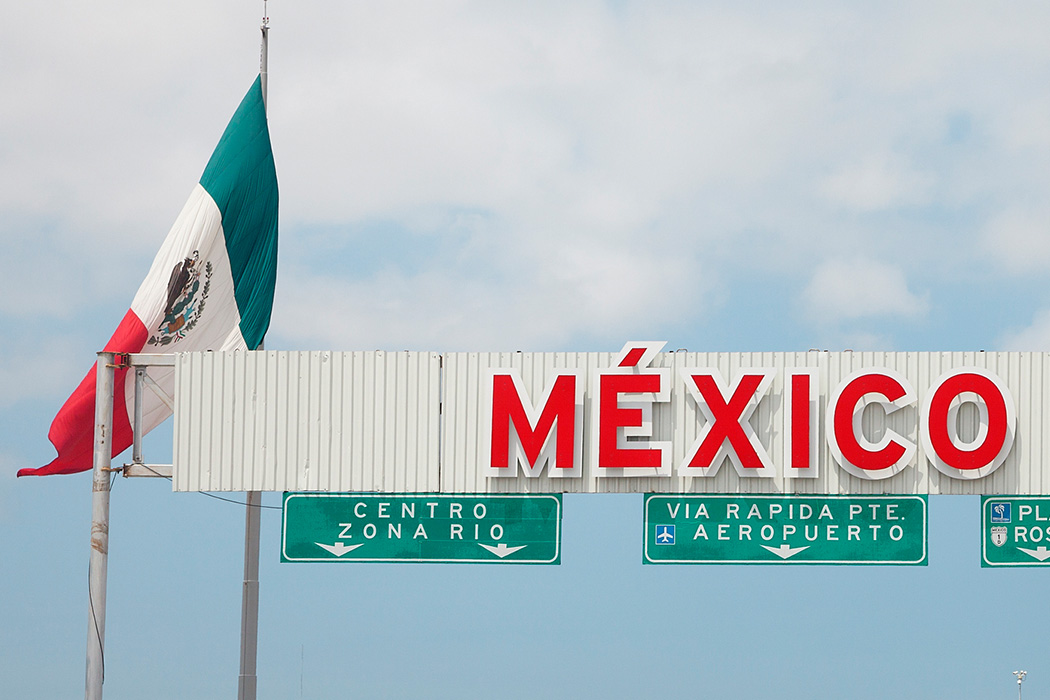
When selling products internationally to customers in Mexico, companies often face customs and tax hurdles. Import taxes, Value-Added Tax (VAT), and the responsibility of importing goods into Mexico can vary based on the Incoterm® used for the transaction. One Incoterm® that is commonly used in these types of sales is Delivered Duty Paid (DDP). While DDP places the onus on the seller to handle transportation costs, pay import taxes, and deliver goods directly to the buyer, there are other considerations to keep in mind.
A closer look at the DDP Incoterm® customs and tax implications
When negotiating international sales with Mexican customers, foreign companies must carefully consider the proper Incoterm®—particularly the DDP term. While companies in Mexico often prefer the DDP term to avoid the complexities of import taxes, VAT, and the associated customs and tax responsibilities, it can pose substantial tax and customs challenges for foreign sellers that don’t have a local presence in Mexico.
This preference may stem from a lack of importing experience or potential suspension of their subscription to the Record of Importers by customs authorities. Before using the DDP Incoterm® as a foreign seller, carefully consider all the customs and tax implications—which can be significant and requires a thorough understanding of the Mexican Tariff Code (Fracción Arancelaria).
Foreign sellers can do a preliminary estimate of duties based on the classification of goods; however, an authorized Mexican customs broker is still required to perform a detailed analysis and determine proper product classification and potential customs and non-tariff barriers that can add costs. Additionally, Mexico imposes a 16% VAT on the value of goods stated on the invoice, along with other applicable taxes, fees, and duties for goods being imported into the country.
Beyond import taxes and VAT, foreign companies without an established entity in Mexico face substantial challenges in becoming the importer of record. Registration in the Record of Importers, managed by the Mexico Tax Administration Service (SAT), is mandatory for importing goods into Mexico and the country prohibits foreign entities from acting as "non-resident importers."
3 options foreign companies should consider when navigating customs and tax regulations in Mexico
Foreign companies seeking to facilitate customs clearance and simplify the import process for products sold to customers in Mexico do have options to overcome the most common challenges:
1. Establish a branch or company in Mexico
This allows foreign companies to become the importer of record by subscribing to the Mexican Record of Importers. Keep in mind, this approach comes with other tax implications and responsibilities in Mexico, so review all consequences before deciding.
2. Enter into an independent agency agreement
Create an "independent agency" agreement with a Mexican company, typically referred to as a trading company or "comercializadora." The Mexican trading company acts as an independent agent, assuming the role of the importer of record. Be sure to consider how this agreement may impact profit margins.
3. Negotiate with the consignee as importer of record
The consignee can act as the importer of record and reimburse or discount the cost of the import from the selling price. This is often more straightforward as the consignee usually has a Mexican broker in place.
6 suggestions for foreign companies using the DDP Incoterm®
If the DDP alternatives above aren’t a good fit, use the following strategies to successfully navigate the customs and tax implications of using the DDP Incoterm®.
1. Seek expert guidance
Work with a company that has cross-border business experience in North America. The company should know the intricacies of the Mexican business landscape along with a comprehensive understanding of Mexican customs and tax regulations.
2. Work with a single logistics provider
With one company handling the complete operation, it’s easy to streamline communication with the consignee and importers in Mexico. And having all commercial documents and information in one place can help minimize delays.
3. Evaluate import costs
Conduct a thorough analysis of import taxes, VAT, and other applicable fees to accurately determine the landed cost of goods.
4. Negotiate contract terms
Clearly define the responsibilities of the buyer and seller in the contract, including the allocation of import duties and taxes.
5. Consider alternatives to DDP
Explore alternative Incoterms® that may better suit the company's risk tolerance and operational capabilities.
6. Maintain compliance
Ensure compliance with all Mexican customs and tax regulations to avoid costly penalties and delays whenever possible.
By carefully considering the customs and tax implications of the DDP Incoterm®, foreign companies can make informed decisions that optimize international sales strategies and minimize potential risks.
Stay informed
Developments in customs and trade continue to evolve—stay informed to be prepared:
- Connect with our trade policy experts
- View our Trade & Tariff Insights
- Subscribe to our Client Advisories



